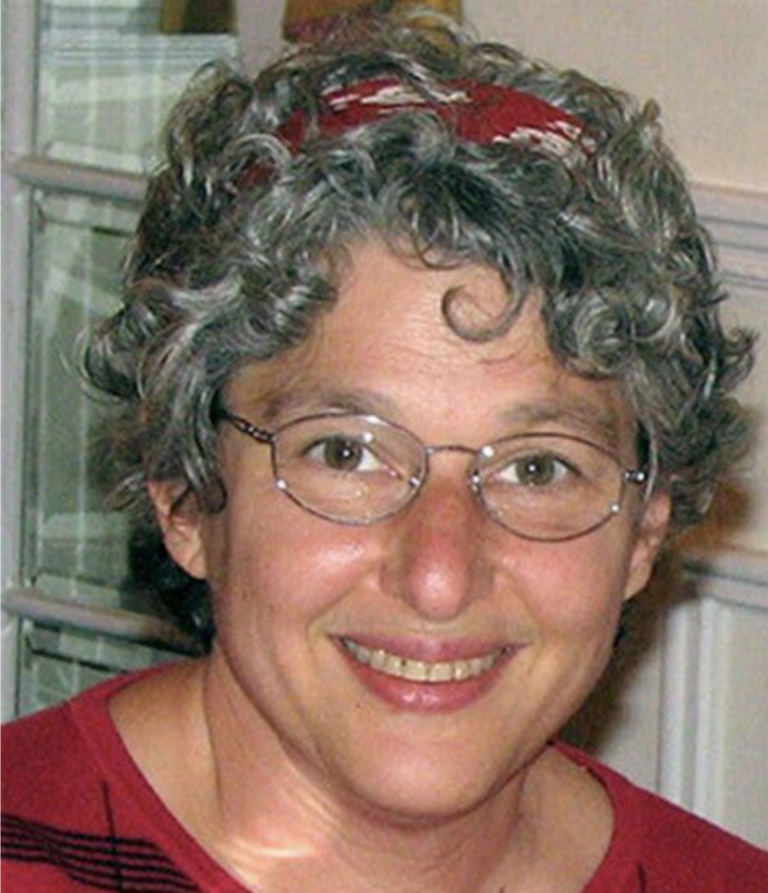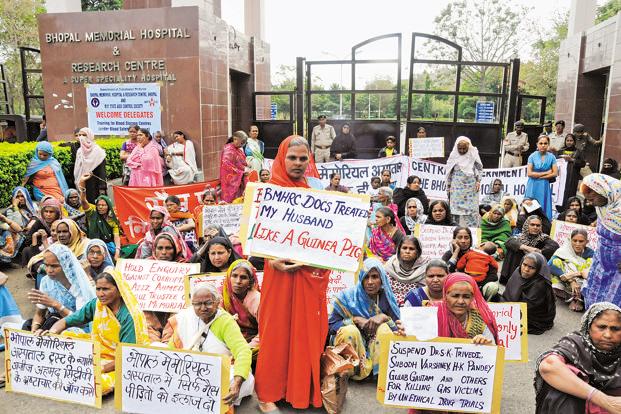Judge Rules On Anthrax Vaccine
Judge Rules On Anthrax Vaccine
Sun, 10 Apr 2005
In the latest ruling by a U.S. Federal court, judge, Emmet Sullivan, ruled that under the new Bioshield law, in an emergency the Pentagon is authorized to give experimental drugs and vaccines to service personnel. However, the judge ruled, the Defense Department must obtain informed consent and notify military personnel that if they refuse they will not be punished.
Congressman, Christopher Shays, says he will hold hearings on the U.S. Department of Health and Human Services emergency authorization because he believes there is no emergency need for the vaccine. He is chairman of the House Subcommittee on National Security, Emerging Threats and International Relations.
Contact: Vera Hassner Sharav
212-595-8974
![]()
HARTFORD COURANT
Judge Rules On Anthrax Vaccine
Military Personnel Can Refuse Shots
By THOMAS D. WILLIAMS
Courant Staff Writer
April 7 2005
The Defense Department must notify all military personnel facing inoculation with the controversial anthrax vaccine that they will not be punished if they refuse to take it, a federal judge has ruled.
“The court’s injunction means you have the right to refuse to take the vaccine without fear of retaliation,” U.S. District Judge Emmet Sullivan said in the ruling issued Tuesday in Washington, D.C.
In a separate ruling released Wednesday, Sullivan left untouched an emergency authorization from the U.S. Department of Health and Human Services allowing voluntary inoculations by the military.
Sullivan’s orders will stand at least until the U.S. Food and Drug Administration acts on a large body of public comments opposing the vaccine’s use because of concerns about its safety and effectiveness. The comments came from doctors, service members, lawyers, and even a former FDA official, Sammie R. Young, a former director of compliance over drug evaluation and research and for biologics.
Despite the concerns, most familiar with the controversy expect the FDA to sanction the drug, which FDA officials have said is properly licensed, safe and effective. If that happens, service members’ lawyers are expected to head back to court.
Pentagon officials contend that the vaccinations protect troops from terrorist or other enemy attacks with airborne anthrax spores. But opponents say anthrax poses no imminent threat to the United States military.
In an injunction issued in October, Sullivan said the law requires service members to be told about the unlicensed drug’s possible side effects, and to consent to be vaccinated. Without consent, the military would need a presidential waiver to force use of the drug under threat of punishment.
U.S. Rep. Christopher Shays, R-4th-District, says he will hold hearings on the U.S. Department of Health and Human Services emergency authorization because he believes there is no emergency need for the vaccine. He is chairman of the House Subcommittee on National Security, Emerging Threats and International Relations.
Sullivan did not issue a contempt citation against the Defense Department even though it continued mandatory vaccinations after his Oct. 27 order that they be stopped. In previous court action, Sullivan ordered the agency to notify the approximately 700 service members that they were illegally inoculated.
The Pentagon has acknowledged that some inoculations were given as late as March 7, when nine U.S. Marine reservists were vaccinated in Cincinnati. The Pentagon reportedly sent out letters recently to advise those vaccinated after the court prohibited the practice.
A total of 1.25 million of the 2.4 million service members have been vaccinated since the program began in 1998. The vaccination to protect against airborne anthrax spores, a form of biological warfare, requires six shots and annual boosters.
The adverse reaction rate of the vaccine is 100 times the figure initially stated by the vaccine’s manufacturer. Adverse reactions include immune disorders, muscle and joint pain, headaches, rashes, fatigue, nausea, diarrhea, chills and fever. At least half a dozen deaths and a number of birth defects have been attributed to its use.
Copyright 2005, Hartford Courant
———————————-
Judge: Pentagon Can Resume Anthrax Shots — Thurs. Apr 7, 1:04 PM ET
By PAULINE JELINEK, Associated Press Writer — WASHINGTON
The Pentagon can resume giving anthrax vaccinations, but only to troops who volunteer for them, said a federal judge who had banned the shots amid safety questions. Citing a law passed last year, U.S. District Court Judge Emmet G. Sullivan partially lifted his October ban on the vaccination program, also plagued over its six years by manufacturing problems and troop protests. Sullivan in October ordered the Pentagon to halt its anthrax shots, saying the Food and Drug Administration had acted improperly when it allowed the experimental vaccine for use against inhalation anthrax.
But he ordered in a ruling Wednesday that shots can be restarted on a voluntary basis under a new law that allows unapproved drugs in cases of declared emergencies. In enacting the Project BioShield Act of 2004, “Congress appears to have authorized the use of unapproved drugs or the unapproved use of approved drugs” when health and defense officials declare a military emergency or the potential for a military emergency, Sullivan wrote in the ruling.
The Defense Department had sought such emergency authority from the Health and Human Services Department in December, saying troops in South Korea and the Middle East are at risk but giving no further public explanation. Weeks later, health officials granted emergency authority for use of the vaccine. In allowing partial resumption of the vaccination program, Sullivan said he was making no finding as to whether the emergency declared by defense and health officials was legal.
The Pentagon had given millions of anthrax vaccine shots ‹ in six-shot regimens ‹ to more than 1.1 million troops since 1998, and hundreds of people have been kicked out of the military for refusing them. Sullivan’s ruling came in a lawsuit filed by six unnamed military personnel and civilian workers who objected to the shots. Pentagon officials have insisted the shots are safe and effective. But the troubled program has been off-again, on-again for years. Saying troops should not be used as “guinea pigs,” Sullivan ruled in December 2003 the FDA had never approved the vaccine and issued an order stopping its use on troops. A week later week, the FDA approved the vaccine, and the shots were resumed only to be halted again in October.
The program also was drawn to a near halt in 2001 and 2002 by shortages of the vaccine. The program started in 1998 with the goal of vaccinating all 2.4 million members of the active and reserve military, but it was radically reduced after factory violations by the nation’s sole anthrax vaccine manufacturer left a dwindling supply of the drug.
FAIR USE NOTICE: This may contain copyrighted (© ) material the use of which has not always been specifically authorized by the copyright owner. Such material is made available for educational purposes, to advance understanding of human rights, democracy, scientific, moral, ethical, and social justice issues, etc. It is believed that this constitutes a ‘fair use’ of any such copyrighted material as provided for in Title 17 U.S.C. section 107 of the US Copyright Law. This material is distributed without profit.


